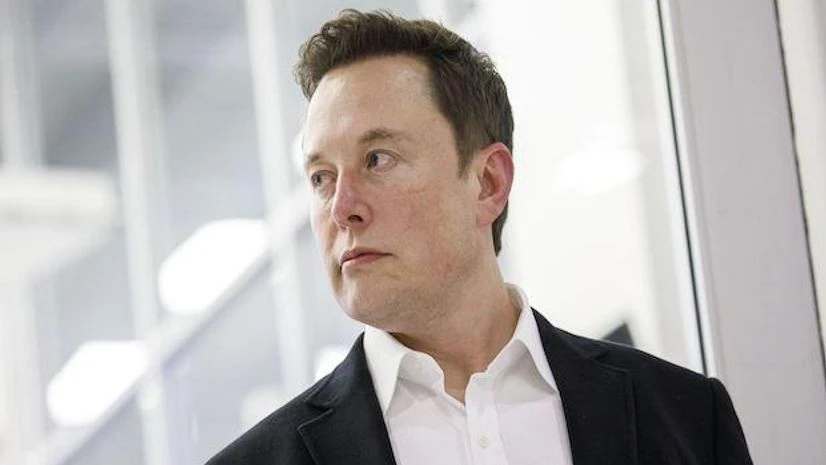Tesla has brought new driver assistance features in its Full Self-Driving (FSD) beta, where the electric car will "not exit passing lanes" and "may perform rolling stops" at traffic lights.
It is still not entirely clear whether cars will come to a full stop at stop signs or not.
Performing a rolling stop instead of a complete stop at traffic lights is illegal in several countries.
According to a report in The Verge, Tesla's FSD beta lets you choose from three driving profiles -- "Chill," "Average," and "Assertive".
The feature was included in the October 2021 version 10.3 update, which was pulled two days after it started rolling out due to an issue with left turns at traffic lights.
Also Read
Tesla issued an updated version a day later, which included FSD profiles described as a way "to control behaviours like rolling stops, speed-based lane changes, following distance and yellow light headway."
In the description beneath the "Assertive" option, Tesla says that the vehicle will "have a smaller follow distance" and "perform more frequent speed lane changes."
The vehicle will also "not exit passing lanes" and "may perform rolling stops".
In "Chill" mode, the vehicle will "have a larger follow distance and perform fewer speed lane changes," while "Average" mode means the car "will have a medium follow distance and may perform rolling stops."
Tesla CEO Elon Musk has said that the electric car company is raising the price of its FSD software to $12,000, effecting from January 17.
Tesla began testing FSD in beta in October 2020, priced at $8,000. It later increased the price to $10,000.
The software does not make Tesla vehicles fully autonomous.
(Only the headline and picture of this report may have been reworked by the Business Standard staff; the rest of the content is auto-generated from a syndicated feed.)

)
